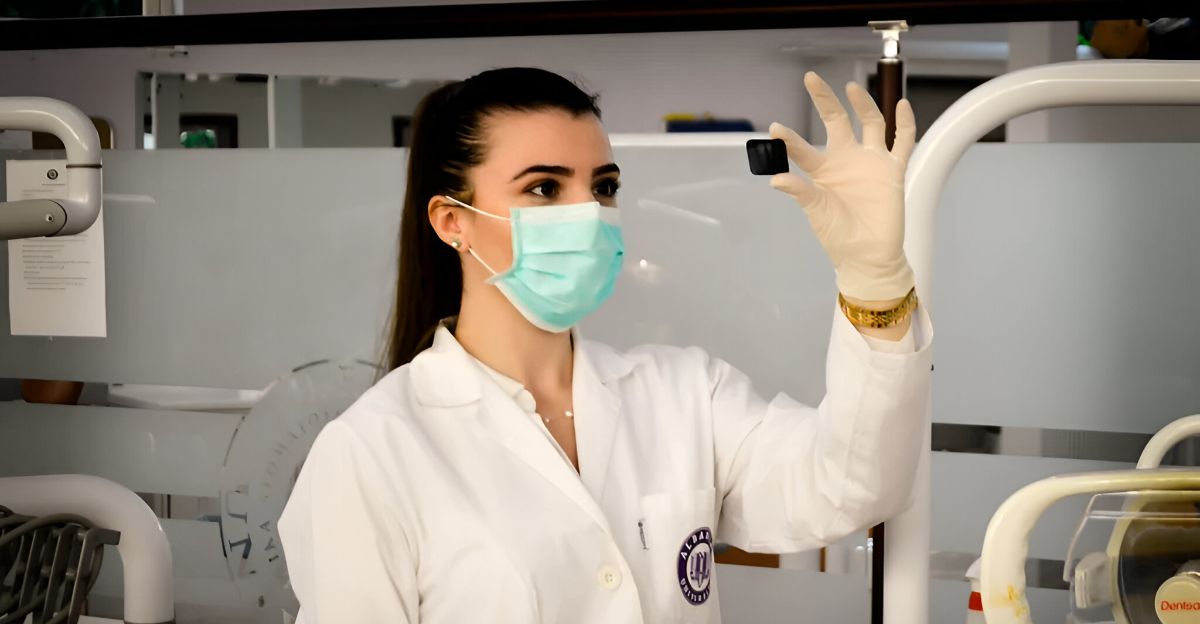
Imagine reaching for your favourite snack and not knowing it could kill you. This week, Lipari Foods initiated an instant national JLM Branded Dark Chocolate Nonpareils (14-ounce tubs) recall after detecting unlisted milk, which is “life-threatening” to allergy victims.
This recall is distributed nationwide in U.S. stores, exposing a glaring deficiency in food safety protocols. Nobody has yet become ill, but the FDA considers this a Class I hazard, meaning disastrous consequences if overlooked. It isn’t a recall for millions of people with milk allergies; it’s a preventable near-miss. Let’s explore the incident.
Unpacking The Details Behind The Recall
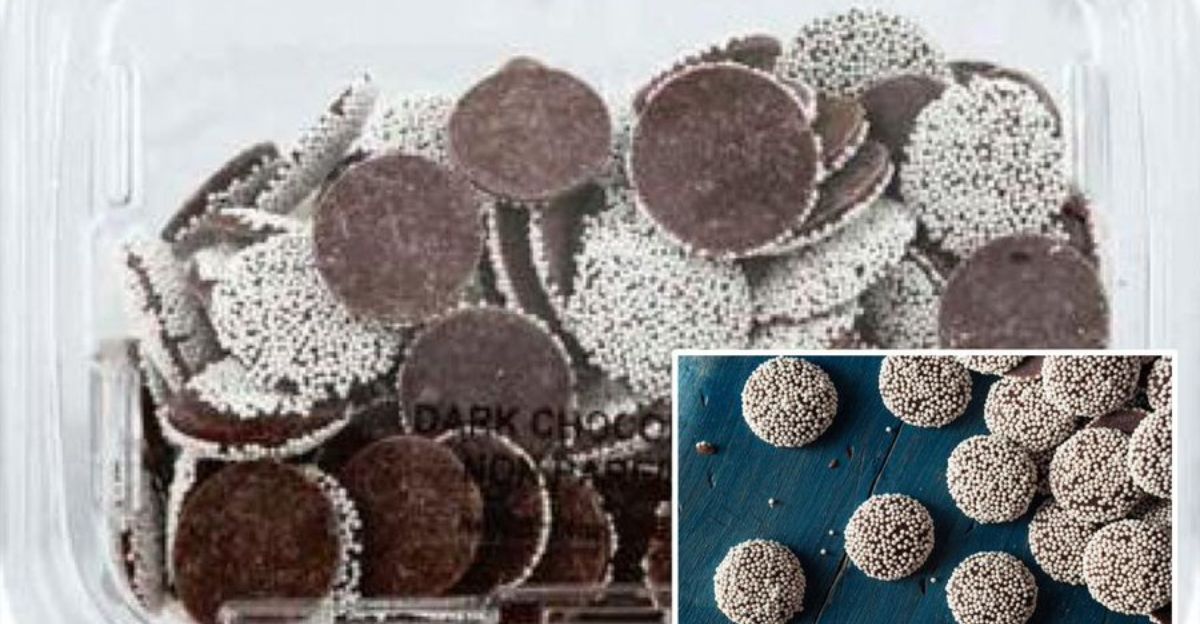
The tainted products, found in clear plastic tubs, have specific lot numbers: 28202501A, 29202501A, 23202504A, 14202505A, 15202505A, or 03202506A. Lipari Foods acted upon the distributor’s Pennsylvania-based Weaver Nut Company, raising concerns about milk contamination.
Although dark chocolate historically does not include milk, milk proteins were detected in internal analysis, leading to FDA intervention. Customers must immediately return products for a refund.
Why Milk Allergies Are Deadly Serious

Milk is one of the nine major allergens found in 1.9% of US children and can cause a serious immune response. Casein and whey proteins can cause anaphylaxis, swelling, respiratory collapse, or death in minutes.
A milk allergy activates the immune system, meaning an individual with a milk allergy must avoid milk altogether. Unlike lactose intolerance, which results in abdominal discomfort, a milk allergy is an immune response and requires complete avoidance.
This recall indicates how misinformation and mistakenly labeling familiar networking snacks as landmines can harm vulnerable populations.
How Labeling Failures Led To The Issue
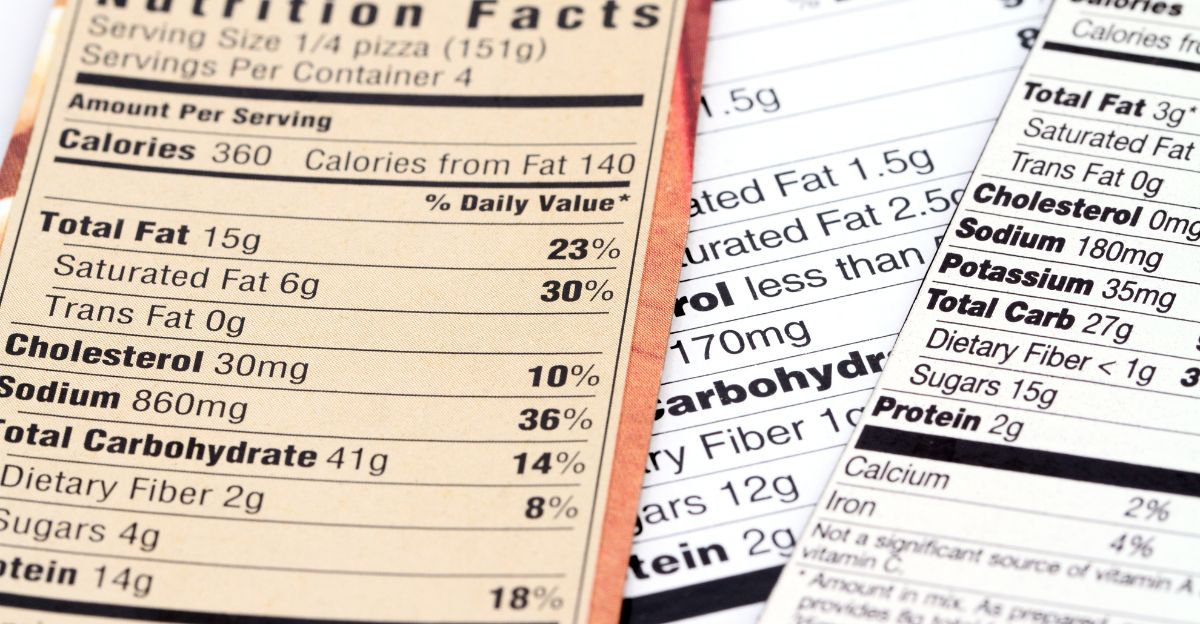
A 2023 FDA report analyzed 1,415 high-allergen recalls (2013–2019) and found that 71.1% were due to preventable labeling errors, not cross-contamination. Milk caused 37.5% of the incidents, with poor label controls as the dominant cause.
In JLM’s chocolate, the absence of milk on labels when it is present reflects systemic negligence in the verification process procedures.
The Lasting Impact Of Recalls Throughout History

This recall joins infamous food safety fiascos: the 2007 Menu Foods pet food recall (melamine killed 14+ animals) and the Peanut Corporation of America salmonella contamination outbreak (9 deaths).
Contamination remains the #1 reason for recalls, but allergen mislabeling is the leading reason for Class I recalls (51.2%), potentially causing special harm due to its intangibility.
The Rapid Decline Of Brand Trust
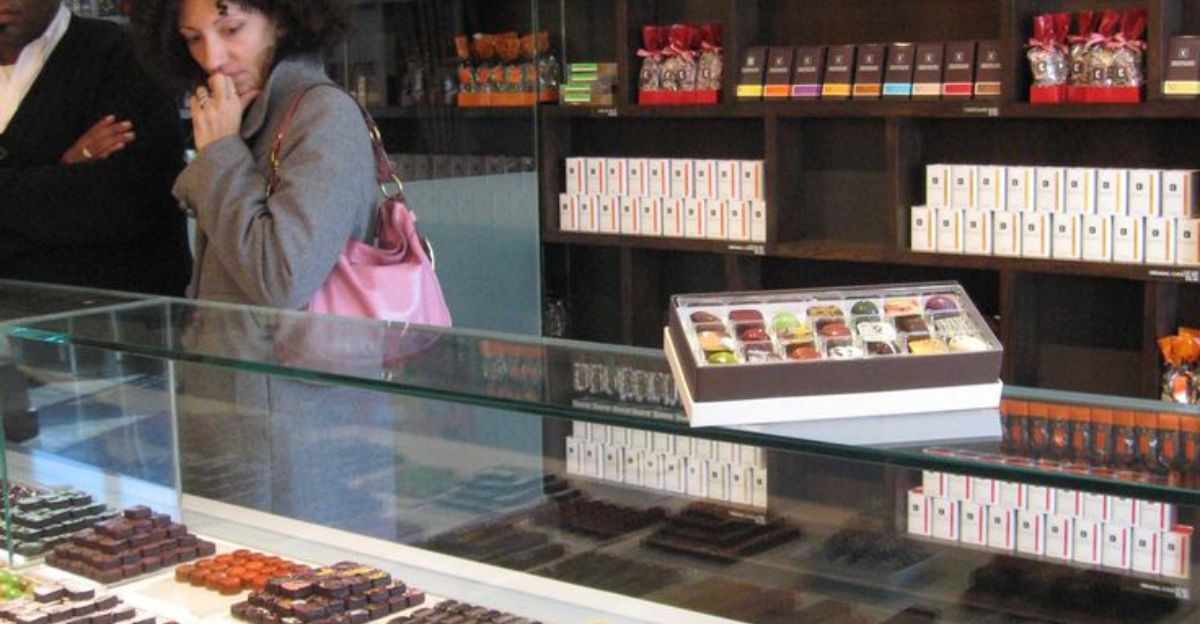
New YouGov research discovers that 18% of US adults bought recalled food within six months, eroding brand trust. In the wake of recalls, 41% boycott products, 30% avoid brands, and only 23% get refunds.
For JLM, this incident increases suspicion: how many “dark chocolate” products carry undeclared allergens?
How One Event Is Reshaping Industry Practices
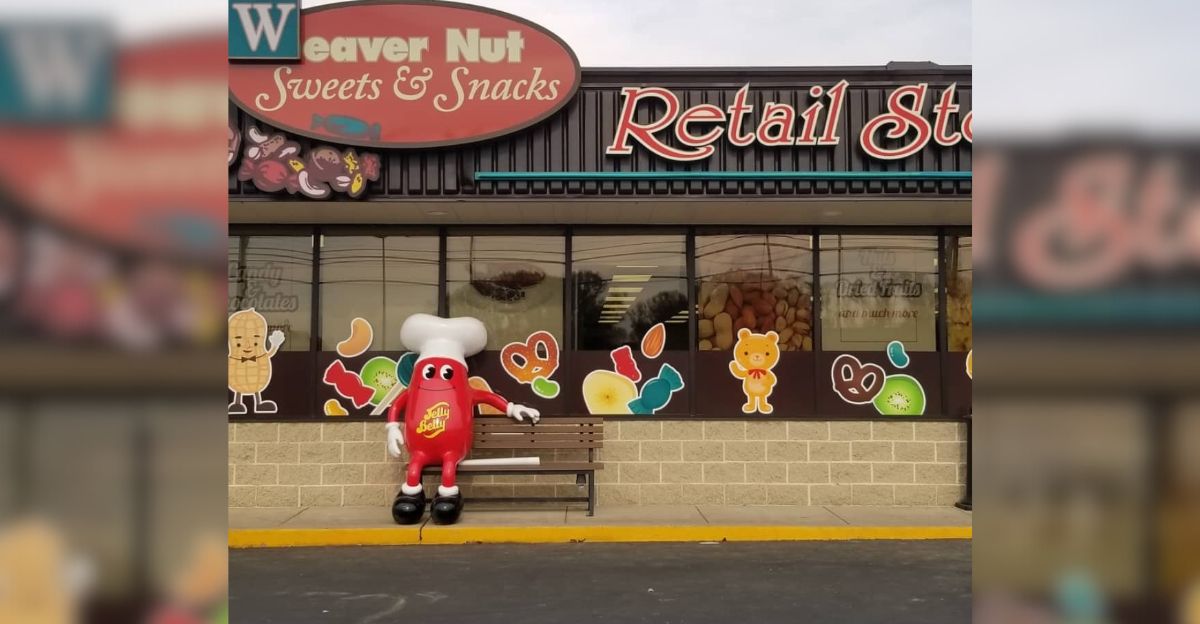
Beyond refunds, recalls attract regulatory scrutiny. FDA’s 2015 Preventive Controls Rule mandates allergen label protocols, but 76.8% of recalls result from poor label management.
Only identified by customer complaint, Weaver Nut’s error highlights faulty supply chain audits. Stricter manufacturing regulations and third-party testing provisions are the future industry-wide.
Psychological Toll On Allergy Communities

To allergy families, recalls generate hypervigilance. Milk allergy already impacts emotional well-being due to social exclusion; recalls increase worry.
With parent advocacy groups leading the call for blockchain-tracked labeling, this event spurs demands for real-time allergen monitoring.
Exploring The Worldwide Consequences In An Interconnected Market

JLM’s recall is not isolated: December 2024’s Cal Yee Farms’ chocolate recall for unlabeled milk. With 40% of food in the United States imported, loopholes in overseas allergen legislation pose a global crisis.
The solution? Harmonized worldwide labeling laws and AI-powered contamination detection.
The Future Ahead: Transparency Or Disappearing

This recall serves as a notice of action: transparency is the best path to food safety. Producers should assist with advancing digital traceability (e.g., QR codes to real-time ingredient histories) and review their supplier vetting processes.
Consumer’s part: double-check all dark chocolate certifications (e.g., allergen practices of Fair Trade). It is still empty until the industry can demonstrate trust.
Discover more trending stories and Follow us to keep inspiration flowing to your feed!

Craving more home and lifestyle inspiration? Hit Follow to keep the creativity flowing, and let us know your thoughts in the comments below!
